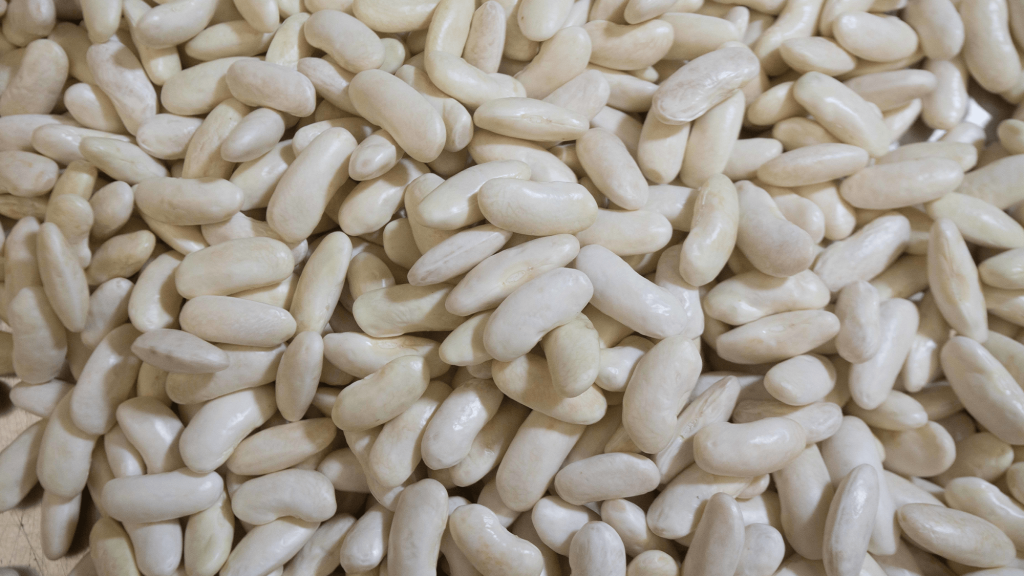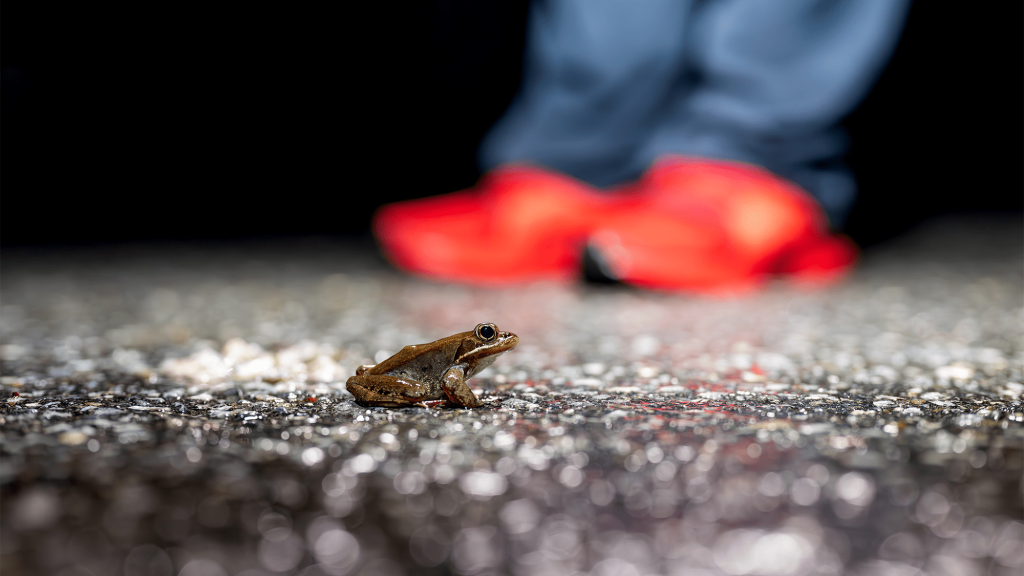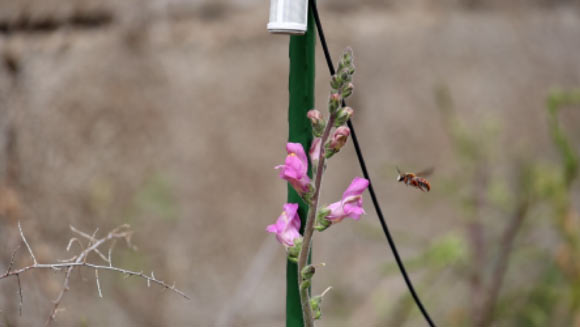Daily biological functions such as sleep, heart rate and metabolism are timed by intracellular circadian clocks which exist within almost all cells throughout the body. Modern life challenges this timekeeping system in ways it was not adapted for. Industrialization, shift work, indoor lighting, and smartphones drastically affect our sleep and the circadian timing of our biological systems. New research from the University of Michigan shows that our circadian rhythms are still wild at heart, tracking the seasonal changes in daylight. The results were published in the journal npj Digital Medicine.
Kim et al. hypothesize that the vast interindividual differences in shift work adaptation — critical for shift worker health — can in part be explained by biological mechanisms for seasonal timing. Image credit: Sasin Tipchai.
“Humans really are seasonal, even though we might not want to admit that in our modern context,” said Dr. Ruby Kim, first author of the study.
“Day length, the amount of sunlight we get, it really influences our physiology.”
“The study shows that our biologically hardwired seasonal timing affects how we adjust to changes in our daily schedules.”
“This finding could enable new ways to probe and understand seasonal affective disorder, a type of depression that’s connected to seasonal changes.”
“It could also open new areas of inquiry in a range of other health issues that are connected to the alignment of our sleep schedules and circadian clocks.”
“This work shows a lot of promise for future findings. This may have deeper implications for mental health issues, like mood and anxiety, but also metabolic and cardiovascular conditions as well.”
The study also showed there is a genetic component of this seasonality in humans, which could help explain the vast differences in how strongly individuals are affected by changes in day length.
“For some people they might be able to adapt better, but for other people it could be a whole lot worse,” said Professor Daniel Forger, senior author of the study.
Exploring this genetic component will help researchers and doctors understand where individuals fall on that spectrum, but getting to that point will take more time and effort.
For now, this study is an early but important step that reframes how we conceive of human circadian rhythms.
“A lot of people tend to think of their circadian rhythms as a single clock,” Professor Forger said.
“What we’re showing is that there’s not really one clock, but there are two.”
“One is trying to track dawn and the other is trying to track dusk, and they’re talking to each other.”
The researchers revealed that people’s circadian rhythms were tuned into the seasonality of sunlight by studying sleep data from thousands of people using wearable health devices, like Fitbits.
The participants were all medical residents completing a one-year internship who had enrolled in the Intern Health Study, funded by the National Institutes of Health.
Interns are shift workers whose schedules change frequently, meaning their sleep schedules do as well.
Furthermore, these schedules are often at odds with the natural cycles of day and night.
The fact that circadian rhythms in this population exhibited a seasonal dependence is a compelling argument for just how hardwired this feature is in humans, which isn’t altogether surprising.
“I think it actually makes a lot of sense. Brain physiology has been at work for millions of years trying to track dusk and dawn,” Professor Forger said.
“Then industrialization comes along in the blink of evolution’s eye and, right now, we’re still racing to catch up.”
The participants in the Intern Health Study also provide a saliva sample for DNA testing, which enabled the scientists to include a genetic component of their study.
Other genetic studies have identified a specific gene that plays an important role in how other animals’ circadian clocks track seasonal changes.
Humans share this gene, which allowed the authors to identify a small percentage of interns with slight variations in the genetic makeup of that gene.
For that group of people, shift work was more disruptive to the alignment of their circadian clocks and sleep schedules over seasons.
Again, this raises many questions especially about health implications and the influence of shift work on different individuals.
But these are questions the researchers plan to explore in the future.
_____
R. Kim et al. 2025. Seasonal timing and interindividual differences in shiftwork adaptation. npj Digit. Med 8, 300; doi: 10.1038/s41746-025-01678-z

























